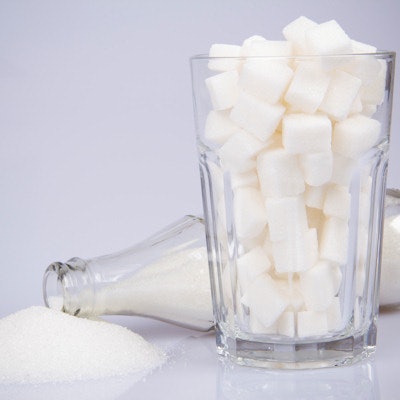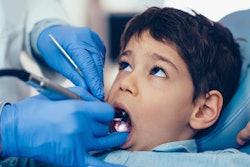
Monthly rates of restorations fell after a sugar tax was imposed in Colorado, but oral health benefits were not the same in other places that taxed sweet drinks. The research was presented at the International Association for Dental, Oral, and Craniofacial Research (IADR) annual meeting.
The finding suggests that the effectiveness of a sugar-sweetened beverage (SSB) tax may vary depending on its implementation, according to research presented at the 102nd General Session of the IADR, which was held in March in New Orleans.
To investigate the effect of sugar taxes, researchers analyzed dental claims data spanning from 2016 to 2023. Colorado residents from Boulder, where the tax was enacted, and those outside the city who underwent minor restorative dental procedures were included in the study.
Difference-in-difference analyses were conducted to compare the monthly average number of restored teeth between Boulder, CO, and other regions post-tax implementation, according to the study led by Eric Tranby, PhD, of the CareQuest Institute for Oral Health.
In both the metro Boulder area and outside Boulder, there was a significant decrease in the average number of tooth surfaces and teeth with minor restorations per patient before and after the implementation of a SSB tax. Specifically, the average number of tooth surfaces and teeth with minor restorations per patient was 58% and 37% lower, respectively, in the pretax period compared to the post-tax period.
After the SSB tax was enforced, there was a further reduction in the monthly average number of surfaces with minor restorations by 17% in metro Boulder compared to the outside Boulder area. Additionally, there was a notable decrease of 73% in the monthly average number of teeth restored in metro Boulder compared to outside Boulder.
However, similar analyses in other regions with SSB taxes did not show the same oral health improvements. This suggests that the effectiveness of such taxes in enhancing oral health may vary depending on how they are implemented, according to the study.




















